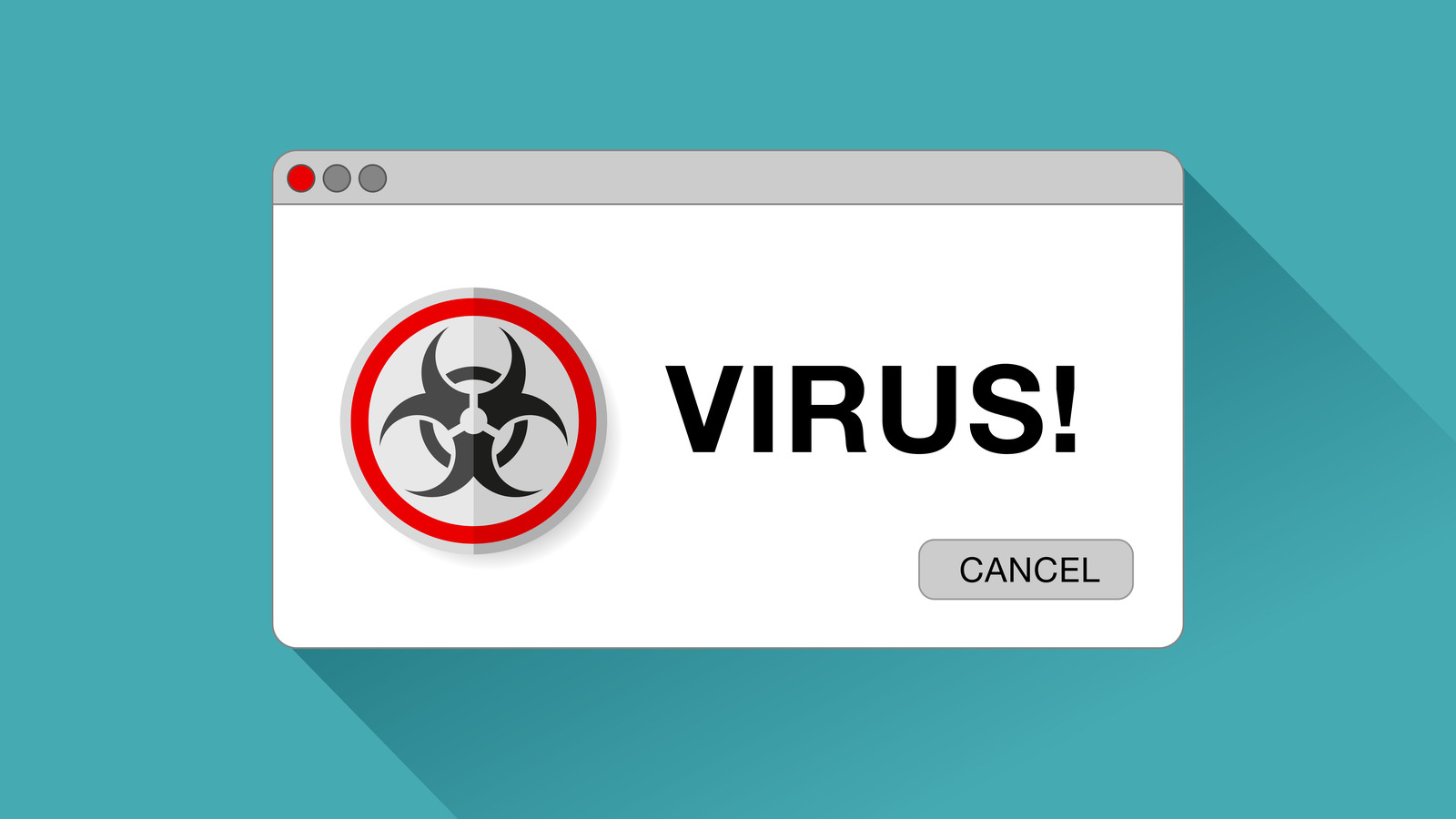While cybercriminals put a lot of work into making their fake Chrome virus notifications look real, they always leave clues that’ll help you detect them. If you don’t have antivirus software installed on your computer, any pop-up claiming you have a virus is fake. It gets a bit more complicated if you use an antivirus program, but you can still spot these fake notifications pretty easily. Your antivirus program will only send you alerts at the system level from the installed software, not in the form of pop-ups in your web browser.
The scammers behind fake Chrome notifications often use the names of well-known antivirus companies to get you to click on the malicious links embedded in the notifications. One example is the McAfee virus pop-up scam, which sends a web push notification claiming your computer is infected with a virus. By using the McAfee name, these con artists establish instant credibility, which they hope will lead you to drop your guard and click on the fake alert. Your best defense against these types of pop-ups is to study them carefully, and if you find anything suspicious, don’t click on the link.
You should also pay attention to the pop-up’s URL. Cybercriminals will try to make them look as legitimate as possible, but if it’s a fake pop-up, you’ll notice small differences that aren’t in line with the official website. Spelling and grammar errors, alarming language (to get you to click without thinking), and requests for personal information are also indicators of a fake Chrome pop-up.

